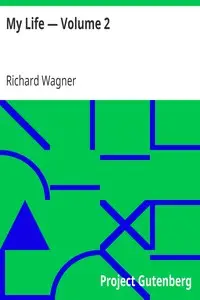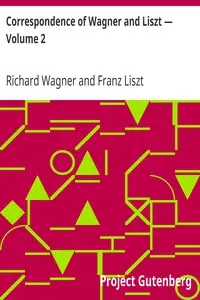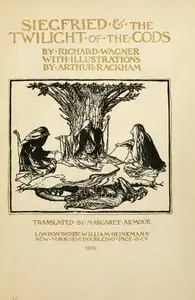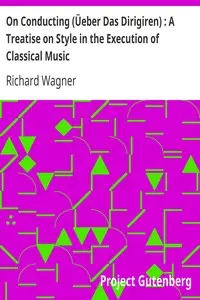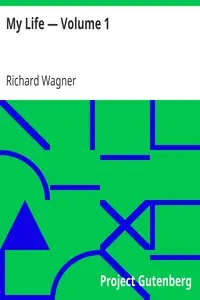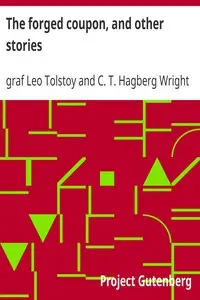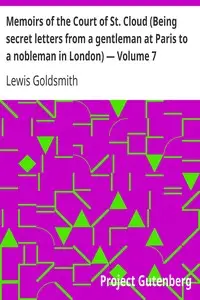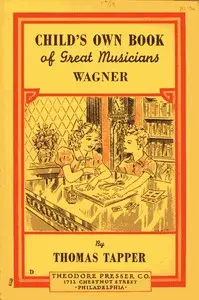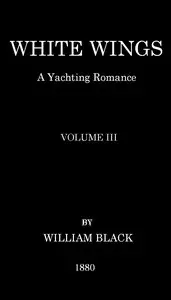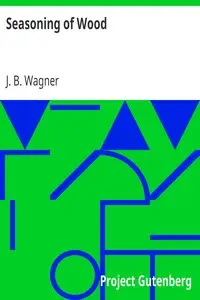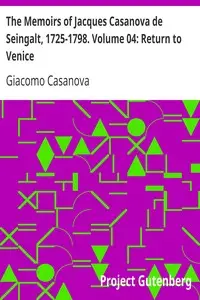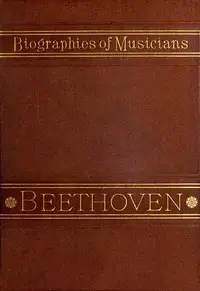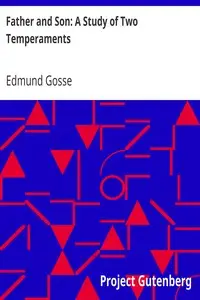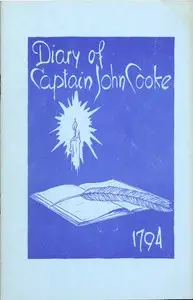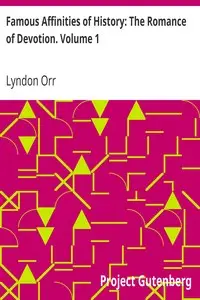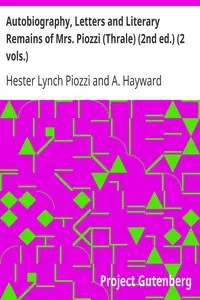"Correspondence of Wagner and Liszt — Volume 1" by Richard Wagner and Franz Liszt is a collection of letters exchanged between two of the most significant figures in 19th-century music, written during the mid to late 19th century. This volume captures the complex and sometimes tumultuous friendship between Wagner, a revolutionary composer, and Liszt, a renowned pianist and conductor, as they navigate the artistic and societal pressures of their time, revealing both their personal struggles and musical philosophies. At the start of the correspondence, readers are introduced to Wagner’s feelings of isolation and artistic despair, as he reflects on the public's misunderstanding of his music and the political turmoil affecting his life and career. Central to these letters are the appeals made by Wagner to Liszt for assistance—be it moral, emotional, or financial—as he grapples with the challenges of bringing his works to life amidst adversity. Liszt emerges as a devoted friend and supporter, keen to champion Wagner's music, while also managing his own burgeoning reputation and differing artistic aspirations. The blend of personal anecdotes and musical discourse in these early letters sets the foundation for a profound exploration of art, friendship, and the burdens of creativity. (This is an automatically generated summary.)
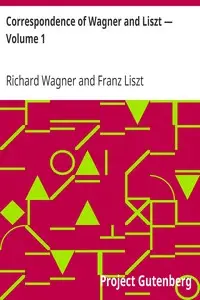
Correspondence of Wagner and Liszt — Volume 1
By Richard Wagner
Translation of Briefwechsel zwischen Wagner und Liszt.
Wilhelm Richard Wagner was a German composer, theatre director, polemicist, and conductor who is chiefly known for his operas. Unlike most opera composers, Wagner wrote both the libretto and the music for each of his stage works. Initially establishing his reputation as a composer of works in the romantic vein of Carl Maria von Weber and Giacomo Meyerbeer, Wagner revolutionised opera through his concept of the Gesamtkunstwerk, by which he sought to synthesise the poetic, visual, musical and dramatic arts, with music subsidiary to drama. He described this vision in a series of essays published between 1849 and 1852. Wagner realised these ideas most fully in the first half of the four-opera cycle Der Ring des Nibelungen.

